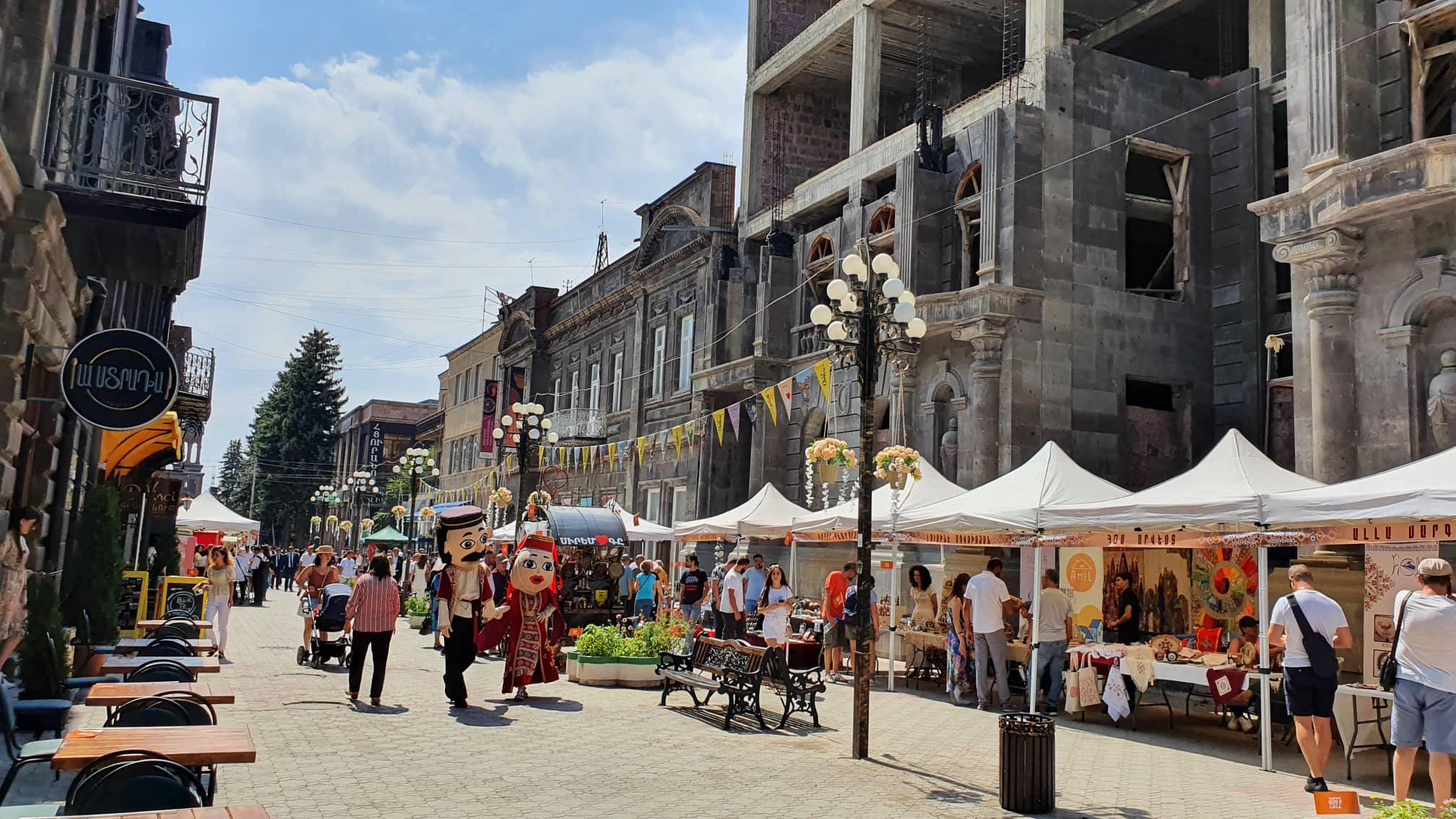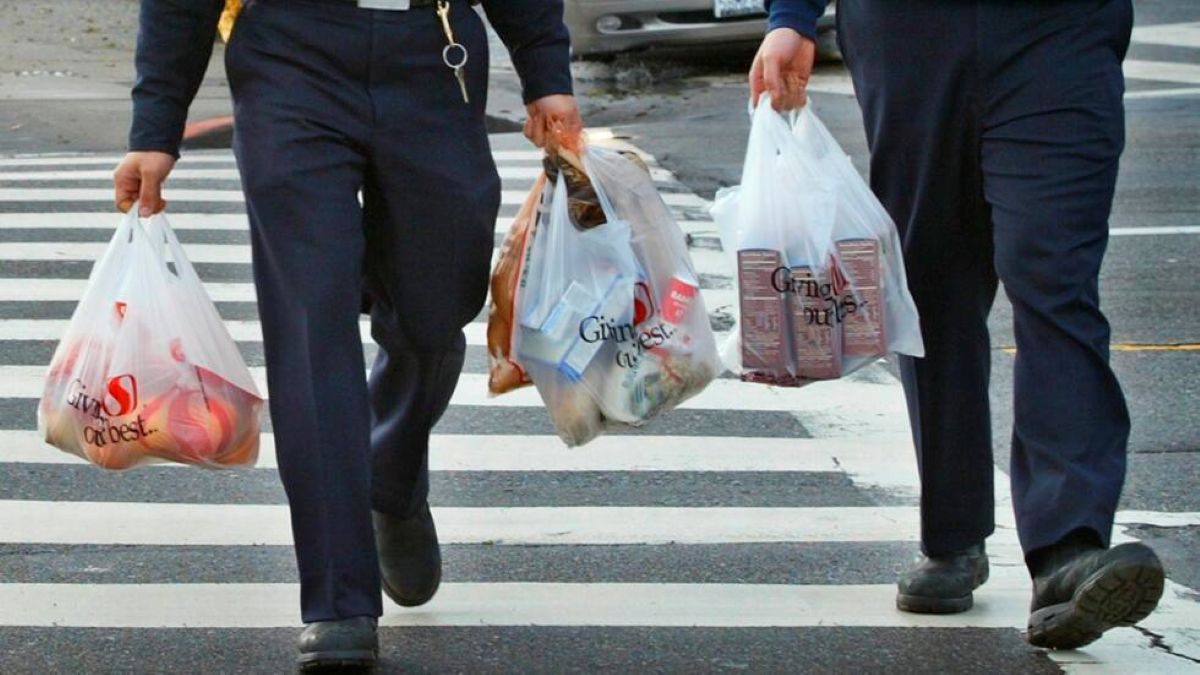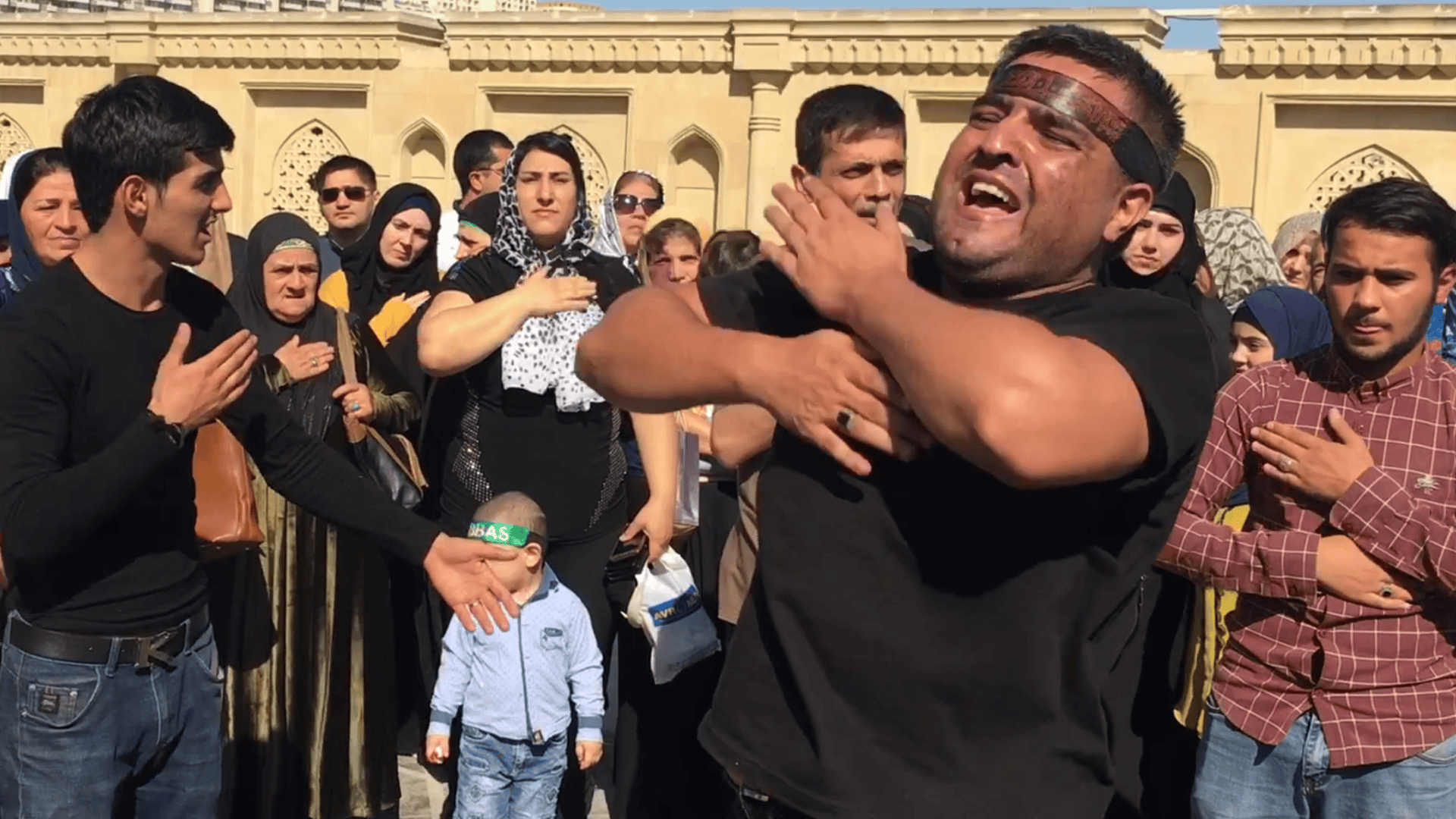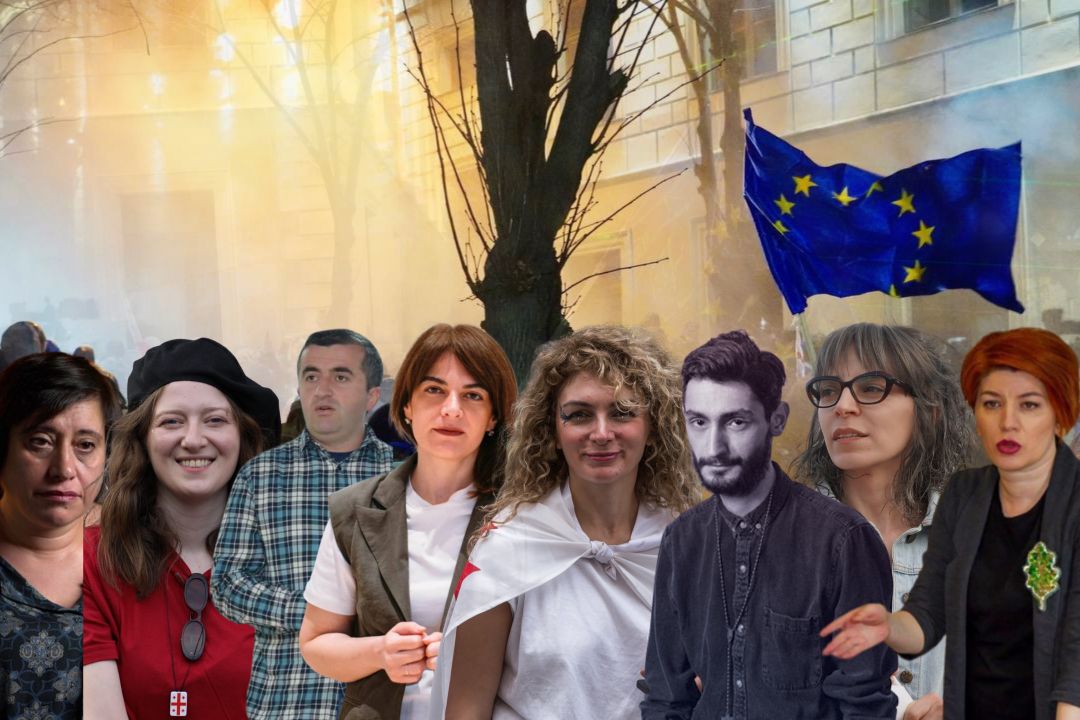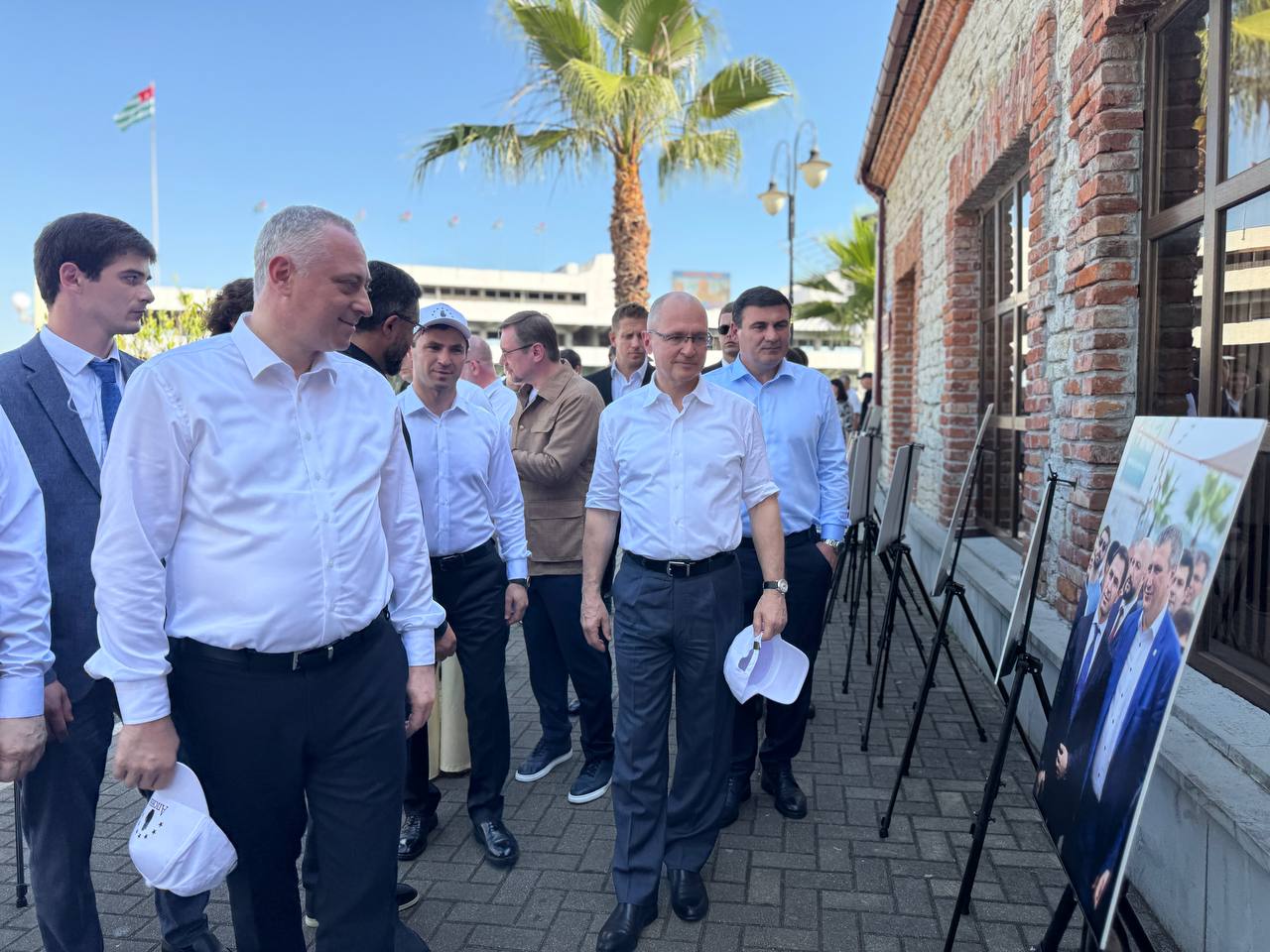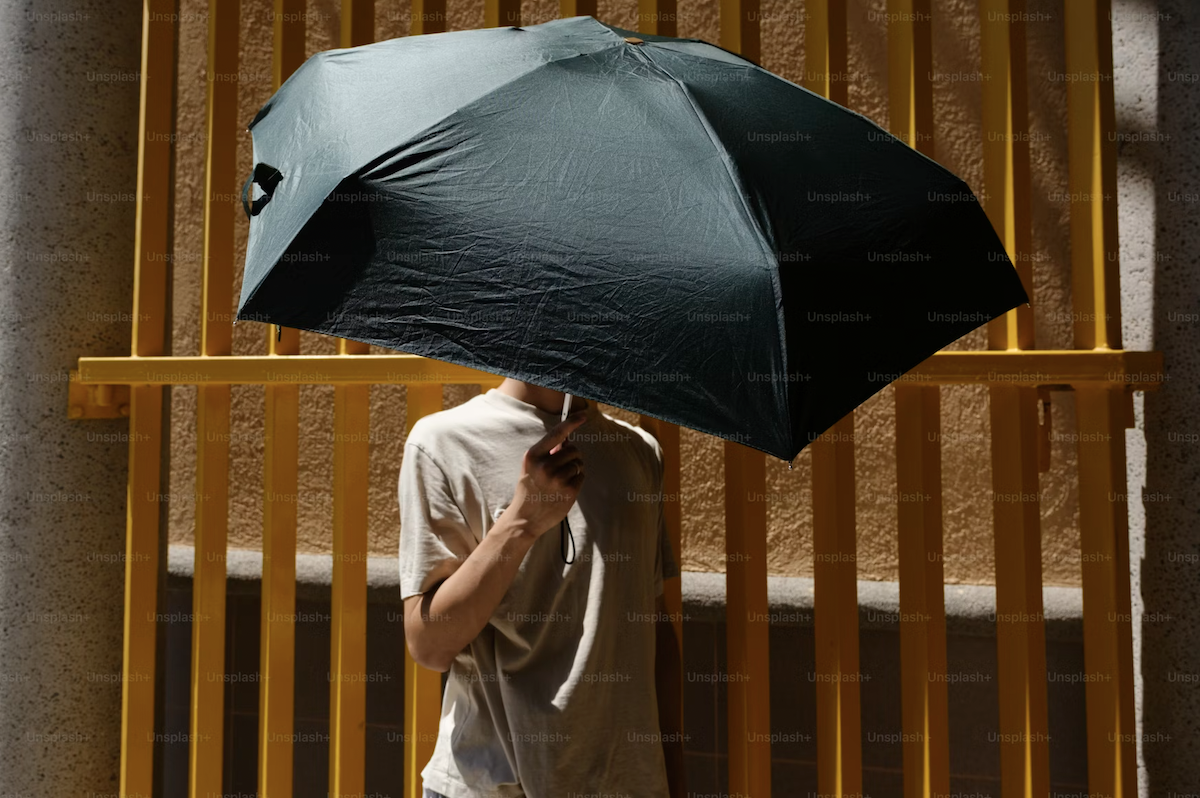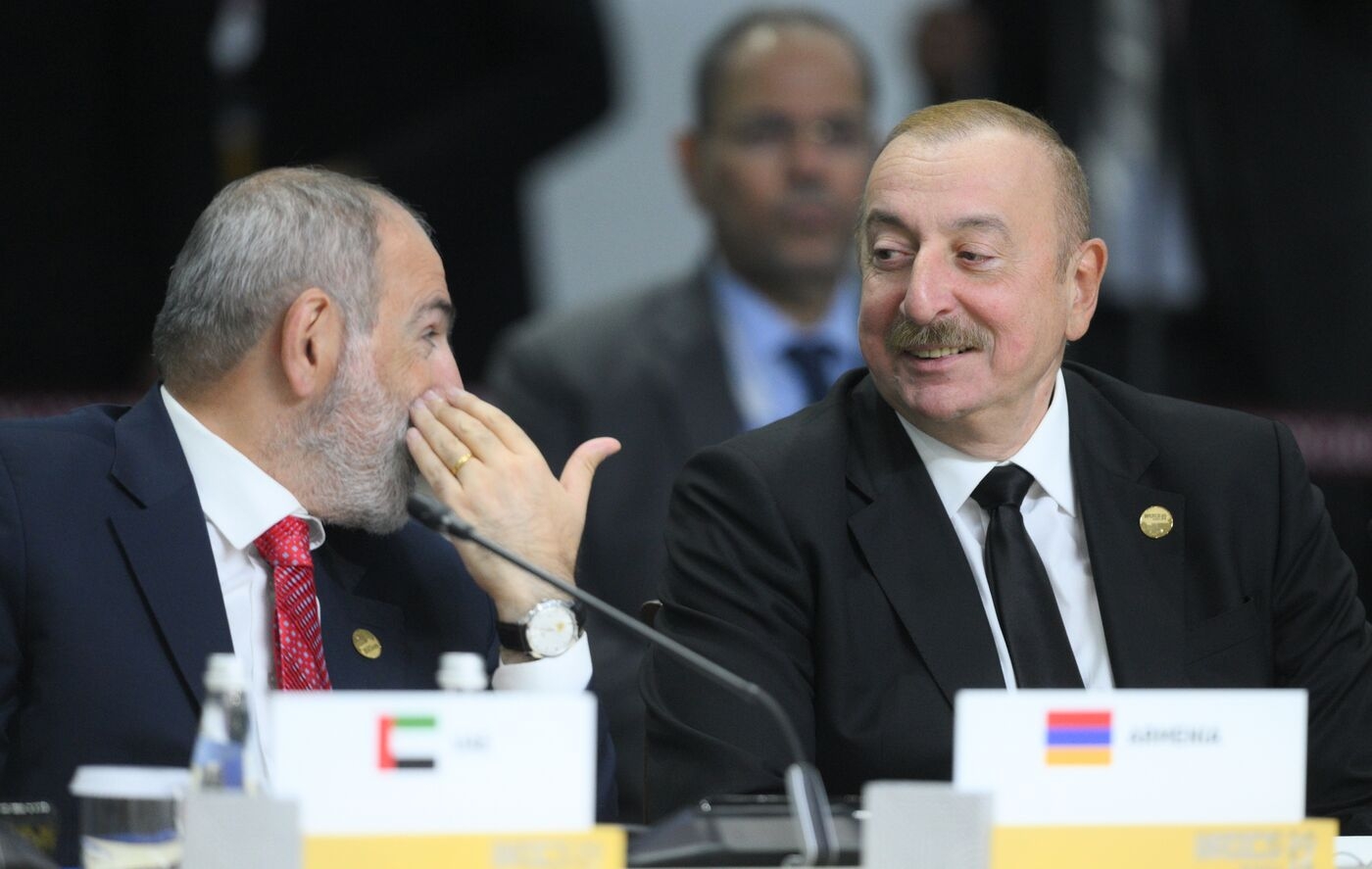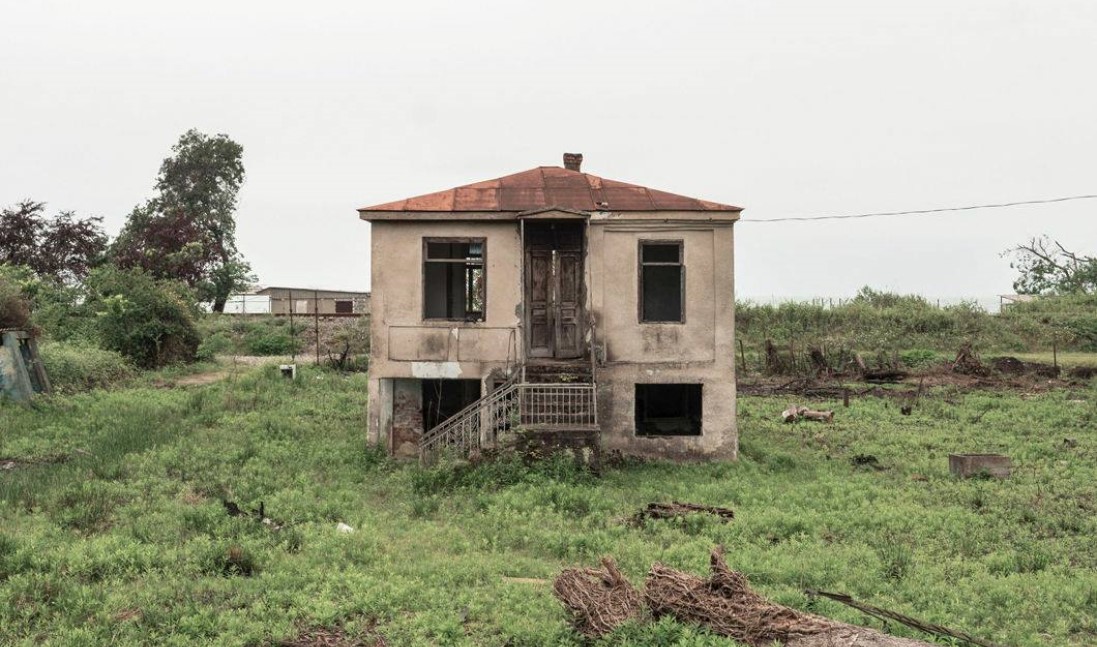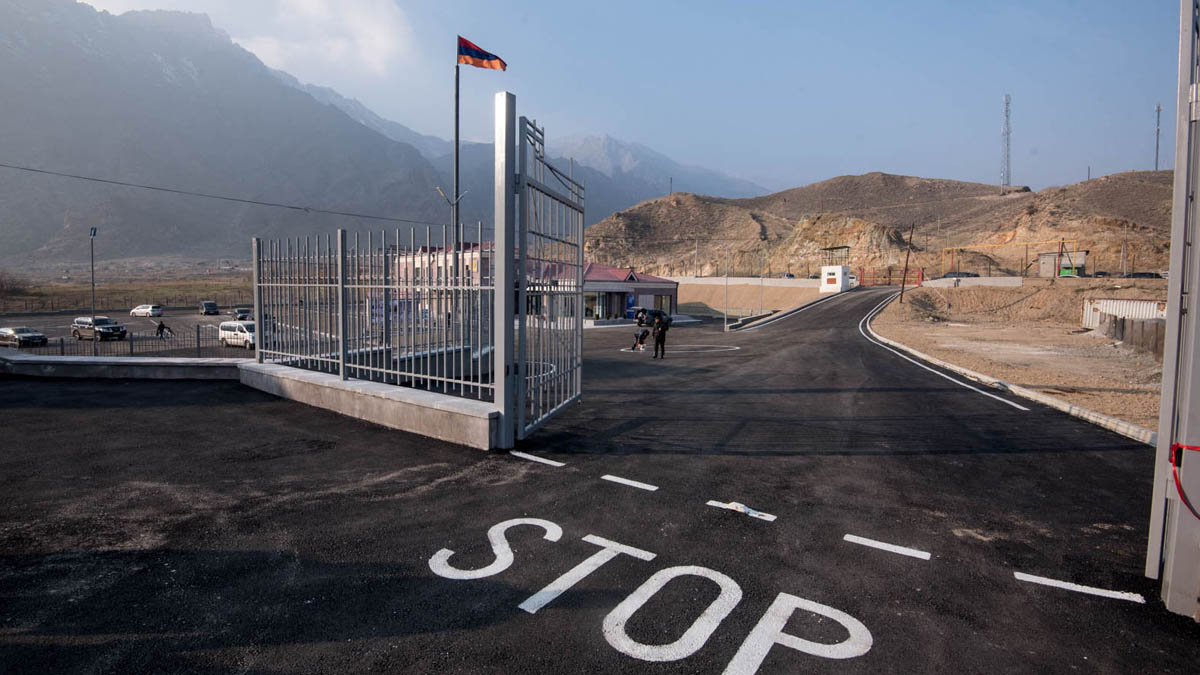10 years since Russia recognised the independence of Abkhazia and South Ossetia
Exactly 10 years ago on 26 August 2008, immediately after the Russo-Georgian War over South Ossetia, Russia recognised the sovereignty of Abkhazia and South Ossetia.
Since then, another four members of the UN have recognised their independence: Syria, Venezuela, Nicaragua and Nauru.
Georgia insists that Abkhazia and South Ossetia are still part of the country (a historical summary will be provided towards the end of this article), and the majority of the international community supports the principle of Georgia’s territorial integrity.
But in Abkhazia, 26 August is celebrated as a holiday. What has Abkhazia received from Russia’s recognition of its independence against the backdrop of its non-recognition by the rest of the world? We asked two Abkhaz experts to answer this question.
Alkhas Tkhgushev, head of the Inva-Sodeistvie Association [Rus. Inva-Assistance].
Security
“One advantage that is obvious is that a large global power recognised Abkhazia and this immediately gave us the possibility of looking differently at questions concerning security.
“Ten years ago we thought that we’d be able to now focus on other, internal problems, because the issue of the external threat, the threat of another war, constantly called for our attention to be elsewhere.
“However, these hopes were, unfortunately, not entirely realised.
“And this is a downside to the recognition [of independence].”
Dependency complex
“The aid received by Abkhazia has corrupted us. It does not stimulate us to look for other sources of income aside from awaiting money from another country, even if it’s our strategic partner.
“But it’s still another country, and it’s not money that we’ve earned. We’ve simply stopped moving. Our officials, our former and current government have simply turned to trying to get as much money as possible that isn’t ours to begin with.
“And this dependency complex has swallowed us whole. We believe less and less that we are capable of doing something by ourselves – and we think more and more often that somebody else has to help us.
“Nobody can explain why we should be helped for another 5, 10 or 15 years. I think that this is the main problem. People must be paid with the money that they earn, and only then, perhaps, will they more thoughtfully and reasonably come up with a policy for creating new state institutes and structures.”
An enormous bureaucracy
“All the new authorities promise that they will optimise everything and cut back. But instead we see that the bureaucracy is only growing, and this is a drawback to recognition.
“What is happening today is a catastrophe for us.
“The number one problem in Abkhazia is an enormous, absolutely ineffective bureaucracy. Unfortunately, directly or indirectly, it is a product of recognition.
“The blame for this is on all of us. Nobody on the outside is guilty of us conducting our affairs in such an imperfect manner.”
Russia most structure aid
“Whatever we say, the advantages of recognition today are not our merits. Russia guards our borders, and we are grateful to her for this and for stability.
“Now, it would be very useful if our strategic partner, Russia, gave us tough deadlines and made us understand that: even if finances will come into the country, they will be tightly controlled and used for infrastructure projects such as roads, the energy grid and so on, so that we tried to earn money ourselves for salaries and to support the state.”
Akhra Smyr, civil activist
The advantages of recognition
“There are a number of advantages to recognition.
“The first is the solved issue of security, and this is an enormous chance for us to develop.
“It’s an obvious advantage – earlier, we were some sort of misunderstanding for the world, while now, they more or less have to deal with the fact that we exist.
“The third advantage, in my opinion, is the provision of pensions for residents of Abkhazia. Russia took this burden upon itself. It is very important that people living in Abkhazia do not end up abandoned.”
Helplessness of the elite
“One drawback to recognition is that the Abkhaz elite has gotten used to feeling it is helpless.
“Earlier, the helplessness was explained by the blockade, the post-war destruction, the lack of funds – but now, they tacitly nod their heads towards Russia, as if to say: that’s where the decisions are made.
“But Moscow is not obliged to solve our problems. Though we have in our hands the instrument of equitable cooperation with Russia, we use it completely ineptly. This concerns both the aid that Abkhazia receives directly from Moscow, and economic cooperation with Moscow in a wider sense.
“And so, the largest drawback of recognition is that in such a situation, many come to the conclusion that we don’t need a state, given that we can’t solve or do anything ourselves.”
• Under the Soviet Union, Abkhazia was an autonomous republic within Georgia. The modern history of the Georgian-Abkhaz conflict began in the 1980s. The closer the Soviet Union came to an end, the more intense the conflict became. Abkhazia tried to become an independent country after the dissolution of the Soviet Union. Georgia insisted that Abkhazia remain an autonomous entity within Georgia.
• In 1992, mutually-aggressive discussions and intermittent skirmishes developed into full-on armed clashes. The war is considered to have started on 14 August 1992, and continued for 13 months and 13 days. The end-date of the conflict is considered to be 27 September 1993.
• The war ended with a loss for the Georgian armed forces. Various data sources claim that 13,000 people lost their lives in the war and some 300,000 became internally displaced persons.
• After the five-day war over South Ossetia in August 2008, Russia recognised Abkhazia as an independent country. Diplomatic relations between Moscow and Tbilisi were cut off.
• Besides Russia, there are only four other countries that recognise the independence of Abkhazia: Syria, Venezuela, Nicaragua and Nauru.










